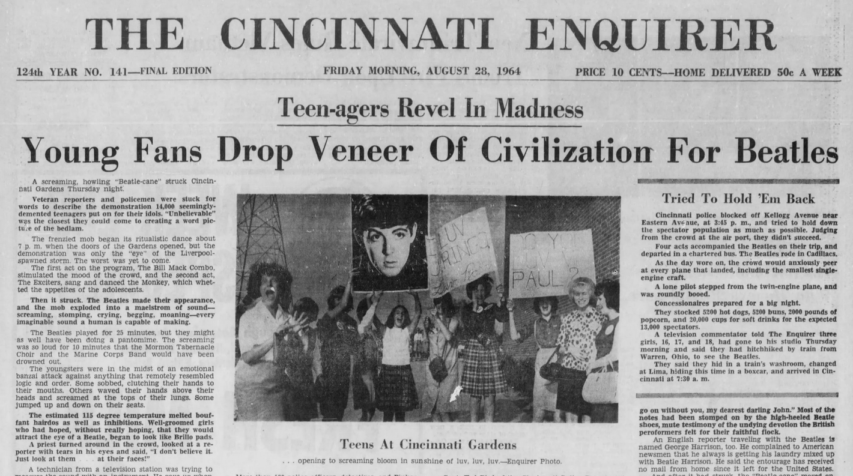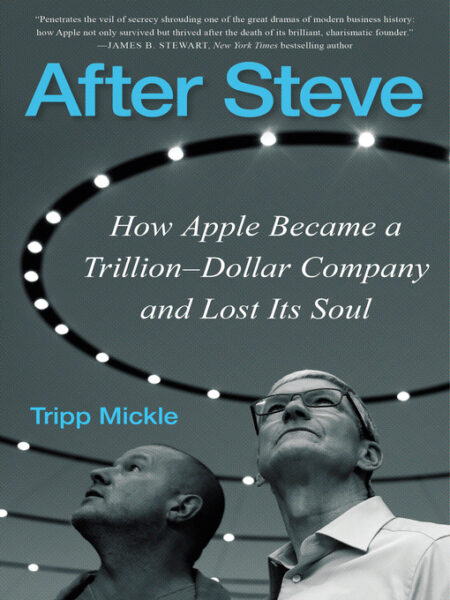Chris Bray examines the cutting edge of anti-Nazi crusading:
So here’s the most important political story to appear in Rolling Stone since Sabrina Rubin Erdely earned early retirement:
There’s a growing movement of American Nazis, you see, so military veterans are pulling on their boots to fight for their country again, hunting those Nazis and taking them out. But actually reading the story is, pardon me for a moment, a little like hammering a fucking spike into your brain. Every claim self-refutes; paragraph by paragraph, the story tells you X and Not X, side-by-side, with equal authority.
Start with the foundation of the claim. Goldsmith’s work, Rolling Stone explains, “centers on exposing the inner workings and public wrongdoing of neo-fascist groups through deep-dive intelligence reports that can give prosecutors the evidence they need go after the hatemongers in court.” Try to find a definition of “neo-fascist” in the story, though, and you fail. Fascism, it turns out, is being mean. It’s politics for the TikTok era: fascism is haters! Actual fascists thought they believed in the sacredness and centrality of the state, government as the highest form of human expression; the LARPers tracking fascists in 2023 think it means you didn’t contribute to WinBlue last month.
And so Goldsmith says he’s tracking “these people who would literally kill their fellow Americans to install a fascist dictator”, which would be a pretty dire confrontation. Then, making the claim concrete, Goldsmith gets to this description of the Patriot Front, his primary Nazi nemesis:
I have come to understand them as a unique threat against the people of the United States. While they’re a small group — they may have 200, 220 members at any given time — the thing that makes them so dangerous is the cult like atmosphere.
So the headline is a life-and-death struggle between the rising tide of American fascists who are preparing to kill us all and install their Hitler; the story is 200 people — maybe 220! — “at any given time”. Here, by the way, is a leaked Patriot Front training video, so you can see just how terrifyingly dangerous they are:
The only thing the Patriot Front threatens is the retail availability of your favorite product at Dunkin’ Donuts, but let’s go on.
Standing across the battlefield from this terrifying group, the story reveals, Goldsmith & Co. now total a force of “two dozen volunteers”. Then comes this exchange, deep into the Q&A:
Rolling Stone has turned a cosplayers-on-cosplayers circle jerk into the Battle of the Bulge. Compare THE NAZI HUNTER NEXT DOOR to a living room’s worth of unpaid hobbyists who could really turn into something if someone would just, like, give us some money.
Now, the punchline: The NAZI HUNTER is very much having his big media moment, scoring a series of profiles since the start of the year. Here he is being interviewed by the New York Times (where his wife is an editor) in January, for example, under an intro that says he’s hunting “antigovernment” extremists who are fascist. We all remember how the original fascists were passionately anti-government, of course. Hitler, Franco, and Mussolini — big libertarians, all. Hardly wanted to have any government, so people could just hang loose and roll however they chose.
The tediousness of pumping all this sad-sackery into a big national story is exhausting, as is the news media in general. But we need the distraction of Nazis and insurrections, or we’d risk talking about things that are real.


















